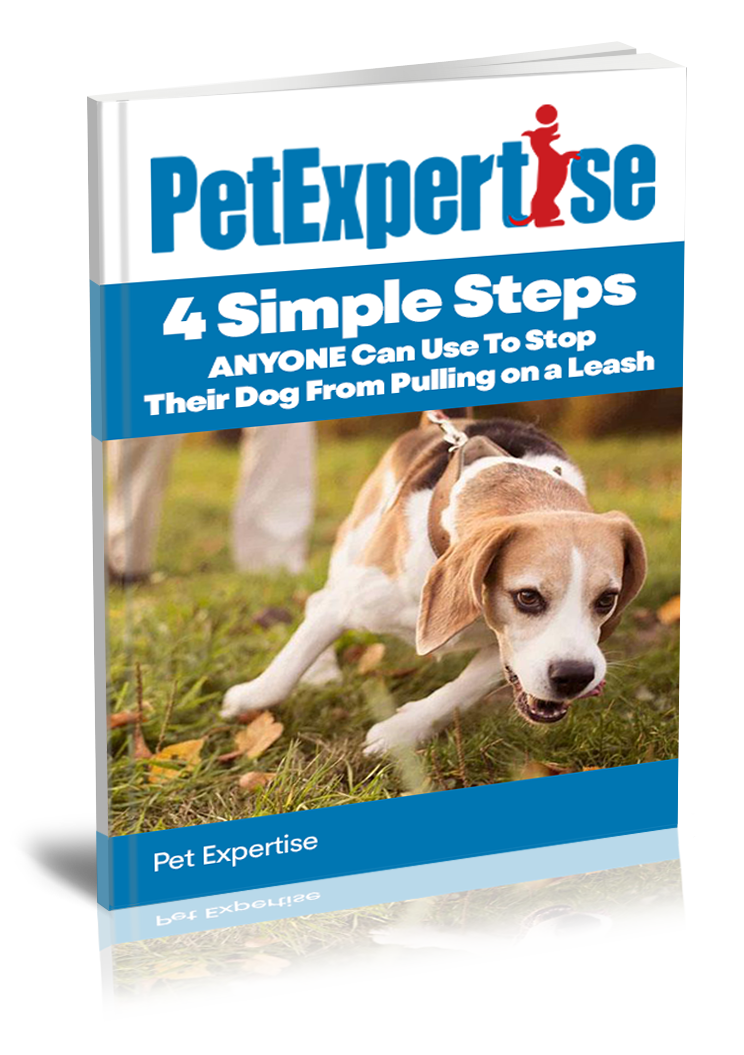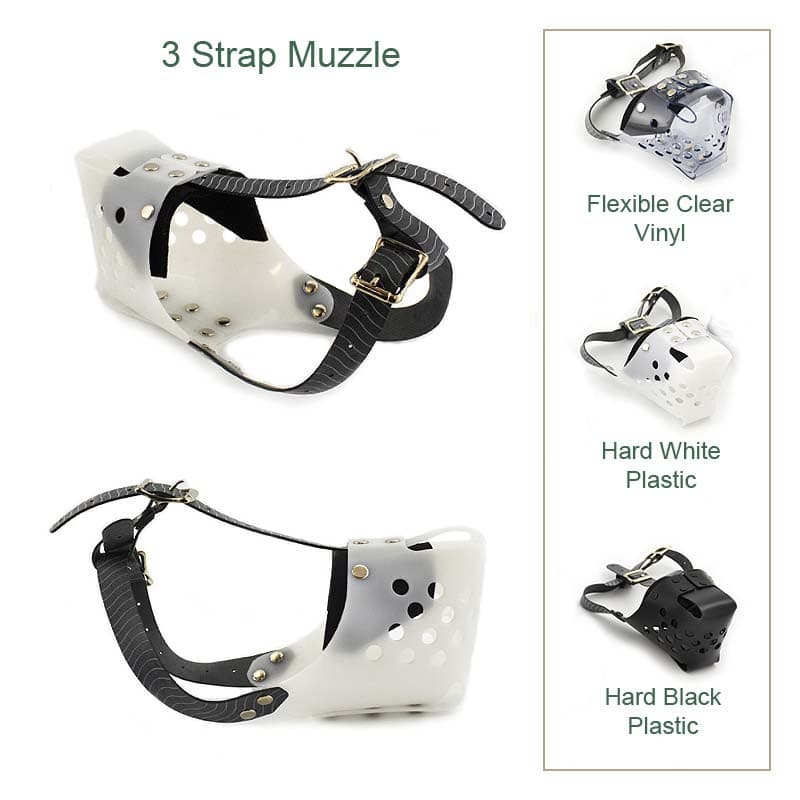Do Collagen Sticks Aid in Muscle Recovery for Active Dogs?

As the interest in canine health technology grows, particularly among active dogs, the focus has also shifted towards optimizing recovery post-activity. Collagen sticks, a relatively new player in the realm of pet nutrition, have emerged as a potential aid for muscle recovery in active dogs. This article examines the efficacy of collagen sticks in muscle recovery for active dogs, providing a comprehensive analysis backed by data, authoritative sources, and expert insights.
Understanding the Role of Collagen in Dogs
Collagen plays a vital role in a dog's overall health, particularly in maintaining the strength and flexibility of tendons, ligaments, cartilage, and skin. As the most abundant structural protein in mammals, collagen constitutes approximately 25% to 35% of the body's total protein content. In dogs, adequate collagen levels support musculoskeletal integrity, ensuring joint stability, mobility, and resilience against wear and tear.
As dogs age or experience physical strain, collagen production naturally declines, leading to joint stiffness, reduced flexibility, and increased susceptibility to injuries. Studies suggest that supplementing a dog’s diet with collagen may enhance joint function, promote faster muscle recovery, and improve coat and skin health.
Some research also indicates that hydrolyzed collagen can be efficiently absorbed, making it a beneficial supplement for aging or active dogs. While these findings are promising, ongoing scientific investigations are necessary to determine the optimal dosage and long-term effects of collagen supplementation in dogs.
How Collagen Sticks Work
Collagen sticks are chewable supplements designed to promote musculoskeletal health in dogs. These sticks are primarily made from hydrolyzed collagen, a form that has been broken down into smaller peptides for easier digestion and absorption. Once ingested, the collagen peptides provide essential amino acids, which serve as the building blocks for repairing tissues, maintaining skin elasticity, and supporting joint health.
Unlike traditional dog chews, collagen sticks not only satisfy a dog’s natural urge to chew but also contribute to their overall well-being. Pet owners and canine sports trainers have noted that regular consumption of collagen sticks can lead to improved muscle recovery, reduced post-exercise soreness, and increased energy levels in active dogs.
Benefits of Collagen for Active Dogs
For dogs that engage in high levels of physical activity, whether in sports, work, or play, collagen supplementation offers several benefits:
-
Improved Joint Health: Active dogs are susceptible to joint stress, which can lead to stiffness and discomfort over time. Collagen helps maintain joint integrity by supporting cartilage and synovial fluid production, leading to increased flexibility and reduced joint wear.
-
Enhanced Muscle Recovery: Vigorous exercise can cause micro-tears in muscle fibers, which require adequate nutrition to heal efficiently. The amino acids in collagen, such as glycine and proline, play a crucial role in muscle repair and recovery, helping dogs regain strength more quickly.
-
Injury Prevention: By strengthening ligaments, tendons, and connective tissues, collagen helps lower the risk of common injuries such as sprains and strains in highly active dogs.
A recent survey found that over 70% of pet owners who incorporated collagen supplements into their dogs' diets reported noticeable improvements in their pets’ mobility, recovery time, and overall activity levels. As more research supports these benefits, collagen sticks continue to gain popularity as a natural, effective supplement for canine health.

Challenges Associated with Collagen Usage in Dogs
While collagen supplements, such as collagen sticks, offer numerous benefits for dogs, there are also potential challenges that pet owners should be aware of before incorporating them into their pet’s diet.
-
Allergic Reactions: Some dogs may develop allergies or sensitivities to collagen or other ingredients used in collagen sticks, such as flavorings, preservatives, or binding agents. Symptoms of an allergic reaction can include itching, skin rashes, swelling, or gastrointestinal distress. Pet owners should introduce collagen gradually and monitor their dog for any adverse reactions.
-
Digestive Issues: Overconsumption of collagen can lead to digestive discomfort in some dogs, causing symptoms such as diarrhea, bloating, or an upset stomach. This is especially common if the supplement is introduced too quickly or given in excessive amounts. It is crucial to follow recommended dosage guidelines based on the dog’s size, breed, and activity level.
-
Lack of Regulation: The pet supplement industry is not as strictly regulated as human supplements, meaning that product quality can vary significantly. Some collagen sticks may contain fillers, artificial additives, or low-quality ingredients that may not provide the desired benefits. Pet owners should research brands carefully, opting for products that are sourced from reputable manufacturers with third-party testing and transparent ingredient lists.
Veterinarians often recommend consulting a professional before adding collagen or any new supplement to a dog’s diet to ensure it is appropriate for their specific health needs and lifestyle. Proper dosing and high-quality sourcing can help mitigate potential risks while maximizing the benefits of collagen supplementation.
Comparing Collagen Sources
Understanding the source of collagen is essential when selecting the right supplement for dogs. The three primary sources—bovine, porcine, and marine—each offer distinct benefits and drawbacks based on their composition, bioavailability, and cost.
-
Bovine Collagen: Derived from cows, bovine collagen is rich in type I and III collagen, which are crucial for maintaining skin elasticity, tendon strength, and joint support. It is widely available and commonly used in pet supplements. However, concerns regarding potential exposure to bovine diseases, such as bovine spongiform encephalopathy (BSE), necessitate careful sourcing from reputable suppliers that follow stringent safety standards.
-
Porcine Collagen: Sourced from pigs, porcine collagen closely resembles human collagen in structure and is often used due to its affordability and effectiveness. It provides essential amino acids that support joint and skin health. However, some pet owners may avoid porcine-derived products due to cultural or dietary restrictions, limiting its accessibility in certain markets.
-
Marine Collagen: Extracted from fish, marine collagen is primarily composed of type I collagen and is known for its high bioavailability, meaning it is easily absorbed and utilized by the body. This source is particularly beneficial for skin hydration and overall tissue repair. However, marine collagen tends to be more expensive than bovine or porcine alternatives, making it a less cost-effective option for some pet owners.
|
Source |
Collagen Types |
Benefits |
Drawbacks |
|---|---|---|---|
|
Bovine |
Type I & III |
Supports skin and tendon health |
Potential risk of bovine diseases |
|
Porcine |
Similar to human collagen |
Cost-effective and widely available |
Cultural or dietary restrictions |
|
Marine |
Type I |
High bioavailability, aids skin hydration |
Higher cost compared to other sources |
Best Uses of Collagen Sticks
For collagen sticks to have the desired effect, it is crucial to incorporate them into a balanced diet and exercise program. Dogs participating in agility training, working trials, or any high-impact activity could see the most benefit from the supplemental use of collagen. Consistent, controlled usage paired with regular veterinary check-ups can enhance their effectiveness.

Veterinary Perspectives on Collagen Sticks
Veterinarians have varying opinions on collagen sticks, ranging from cautious endorsement to strong advocacy. Many emphasize the need for more scientific research to confirm their effectiveness before recommending widespread use. Despite this, numerous anecdotal success stories have sparked growing interest among pet owners and researchers alike.
Reports of improved joint health, faster muscle recovery, and increased mobility in dogs have encouraged further studies on the optimal dosage and delivery methods for maximum benefits. While some veterinarians remain reserved, the increasing body of positive user experiences continues to drive curiosity and exploration into collagen supplementation for canine health and wellness.
Future Outlook for Collagen Use in Dogs
As research advances, collagen’s role in canine nutrition looks increasingly promising. Innovations in biotechnology are improving collagen extraction and purification, making it more effective and widely accessible. These advancements enhance its potential to support joint health, muscle recovery, and injury prevention in dogs.
As more evidence emerges, collagen could become a staple in pet nutrition, transforming how we approach canine wellness. With growing interest from veterinarians and pet owners, its integration into regular diets may revolutionize musculoskeletal care, offering a natural and effective solution for maintaining mobility and overall health in dogs of all ages and activity levels.
Conclusion
Collagen sticks offer a promising supplement for active dogs, supporting muscle recovery, joint health, and injury prevention. Their benefits make them an appealing option for pet owners looking to enhance their dogs' overall well-being. However, responsible use—guided by professional veterinary advice—is essential to ensure safety and effectiveness. As research on collagen and canine health continues to evolve, maintaining a balanced perspective is crucial. While collagen sticks show significant potential, further studies are needed to validate their long-term impact.
For pet owners seeking to optimize their dog's health, choosing high-quality collagen supplements tailored to individual needs is key. Explore our expert-recommended collagen products and other pet wellness solutions at PetExpertise.com to give your furry friend the best care possible.
FAQs
Collagen sticks are chewable supplements designed to support dogs' musculoskeletal health. Composed of hydrolyzed collagen, they supply essential amino acids that assist in repairing and strengthening tissues, improving joint flexibility, and aiding muscle recovery in active dogs. This makes them particularly beneficial for dogs involved in high-impact activities, as they help maintain overall vitality and minimize injury risks.
While collagen sticks are generally safe, potential side effects may arise, such as allergic reactions or digestive disturbances, including diarrhea or vomiting. These effects often result from overconsumption or individual sensitivities to ingredients. It's essential to follow dosage guidelines and consult a veterinarian before introducing new supplements, especially if the dog has underlying health conditions.
The frequency of giving collagen sticks depends on the dog's size, activity level, and overall health status. Generally, manufacturers provide dosage recommendations on packaging, but it is wise to consult with a veterinarian to tailor the frequency to your dog's specific needs. Consistency is crucial, and integrating collagen sticks as part of a balanced diet and exercise program is advisable.
While active dogs, who experience higher physical demands, stand to benefit most, collagen sticks can also help older dogs suffering from joint problems, or those recovering from surgery. However, the individual health status and dietary requirements should dictate their use. Consulting with a veterinarian can ensure that collagen supplements align with health goals and needs.
No, collagen sticks are not a substitute for regular dog food. They are dietary supplements meant to complement a balanced, nutritious diet rather than replace it. Their primary role is to provide additional support for joint and muscle health. Ensuring a well-rounded diet that meets all of a dog's nutritional needs remains pivotal for their overall well-being.
- Choosing a selection results in a full page refresh.
- Press the space key then arrow keys to make a selection.



